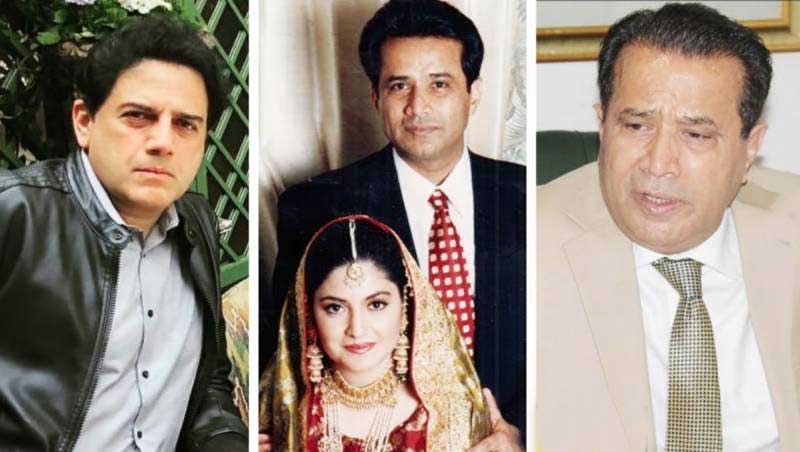Pakistan’s Role in the Changing Global Order
Recently, I attended a very important international conference organized by the Pakistan Institute of International Affairs on its 75th anniversary.
The first day’s focus was on issues of international concern and the second day the sessions dealt with Pakistan’s security challenges and foreign policy issues.
Let me summarized the main points of the conference. The main theme was that watershed events in recent global history such as the dramatic end of the Cold War, the 9/11 attacks, subsequent war on terror, and the COVID-19 pandemic have placed the post-Second World War order under serious stress.
The global distribution of power has shifted with the emergence of new centres of power, the rise of Asia and the strategic relevance of Africa, influential non-state actors, and innovative technology.
Scholars have propounded the beginning of a new world order, but many of them have cynically described the change as the ‘new disorder.’
At present, we are also witnessing a significant transition from a unipolar to a multipolar world, and growing nationalist and populist politics are causing friction within societies and between states.
The prospect of a war breaking out between two or more major powers, which were considered improbable, just a few years ago, seems no longer unimaginable.
Scholars, therefore, dwell on managing ‘international disorder’ which is attributed to the transition.
The neo-liberal economic agenda has created political crises and failed to tackle poverty in the developing countries. Many nations have gained from globalization, but its benefits have eluded the poorer populations in other parts of the world.
The transitional global order is afflicted with massive existential problems. The spectre of climate and environmental change looms large and the world is threatened by terror.
There is large-scale migration with millions on the move, both internally displaced and across international borders, water and food insecurity, fundamentalism, religious and cultural intolerance, and discriminatory racist policies.
As the fifth most populous country in the world and one of nine nuclear powers, Pakistan has to navigate its place in the changing global order.
Pakistan has made impressive strides in the peaceful uses of nuclear energy in diverse fields including health, agriculture, industry and power generation.
Pakistan’s decades long close and mutually beneficial collaboration with the International Atomic Energy Agency (IAEA) has been of pivotal importance.
In the tough South Asian region, its conflicts with India continue, with no resolution in sight. Its relations with China are an essential principle of its foreign policy and through the China-Pakistan Economic Corridor (CPEC) it has become an important partner in China’s Belt and Road Initiative.
Its relations with Afghanistan after the US withdrawal from that country still pose a challenge, and it seeks to re-establish a strategic relationship with the United States of America. As it diversifies its foreign policy and moves closer to Russia and other countries in the wider region, it aims at playing an even-handed role.
Internally it faces many calls: environmental distress, water and energy shortages, the threats of terror and violence. However, it must strive to ensure peace within its borders in order to set its own economic and political house in order.
Only then will it be possible to acquire a long-term and sustainable national equilibrium.




